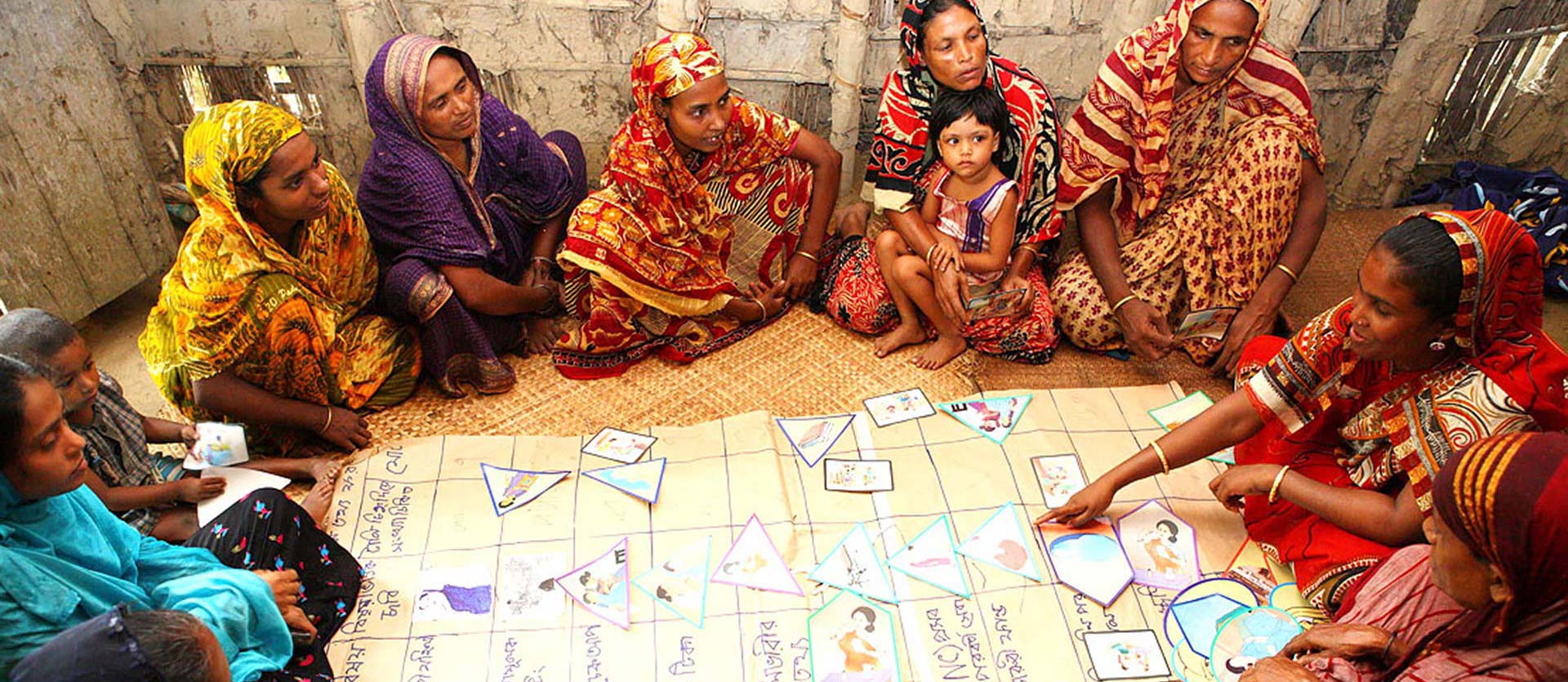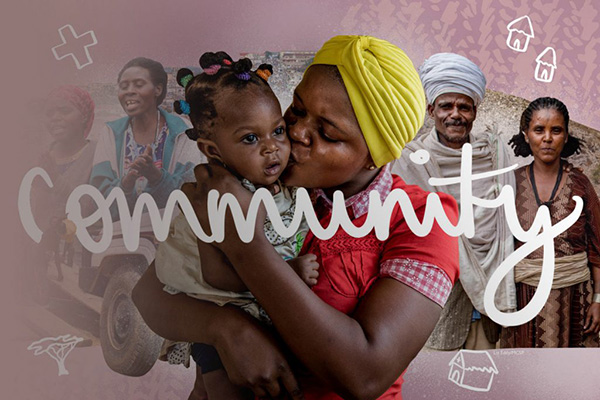![]()
Community Health and Civil Society Engagement
Effective community-based approaches are critical to improving reproductive, maternal, newborn, child and adolescent health. They require strengthening the capacity of health systems to engage communities, and building strong systems of service delivery and social and behavior change outside of health facilities to reach those not currently accessing key health services.
MCSP promoted the institutionalization of community health as a central component of country health systems. We worked to link community health and health systems strengthening efforts, taking an expanded view of what a health system is—including not only health services, but all actors involved in protecting and building health (health promotion). The Program took into account the centrality of household and community production of health, underlying the health promotion agenda, as well as evidence for effective community-based strategies to prevent child and maternal deaths.
In the full continuum of RMNCH care and services, MCSP supported health promotion, prevention and curative service delivery in communities and with communities, and participation through various groups. We also contributed to global learning on effective and sustainable practices in community health, giving close attention to the fit between program strategies and country realities.
MCSP developed a conceptual model — called Viable, Integrated Community Health Platforms — to strengthen national institutionalization of community health. The component “lenses” of this model are intended to illuminate essential elements that community health strategies need to systematically address to advance comprehensiveness of services, sustainability and high-quality care.
These elements include:
- Optimizing integrated packages of RMNCH interventions at the community level;
- Strengthening the community health worker workforce and its support through community infrastructure, including effective community engagement and participation;
- Supporting more effective government, civil society, and private partnerships to institutionalize and coordinate community health and to build capacity and shared ownership; and
- Placing emphasis on use of local information for equity, learning and adaptation.
Through the CORE Group, MCSP tapped into tools and a network of more than 70 organizations that foster learning, idea sharing, and capacity building. This work was facilitated through holding global and U.S.-based conferences, conducting national and regional meetings, and linking to the Community Health Network and Technical Working Groups.


